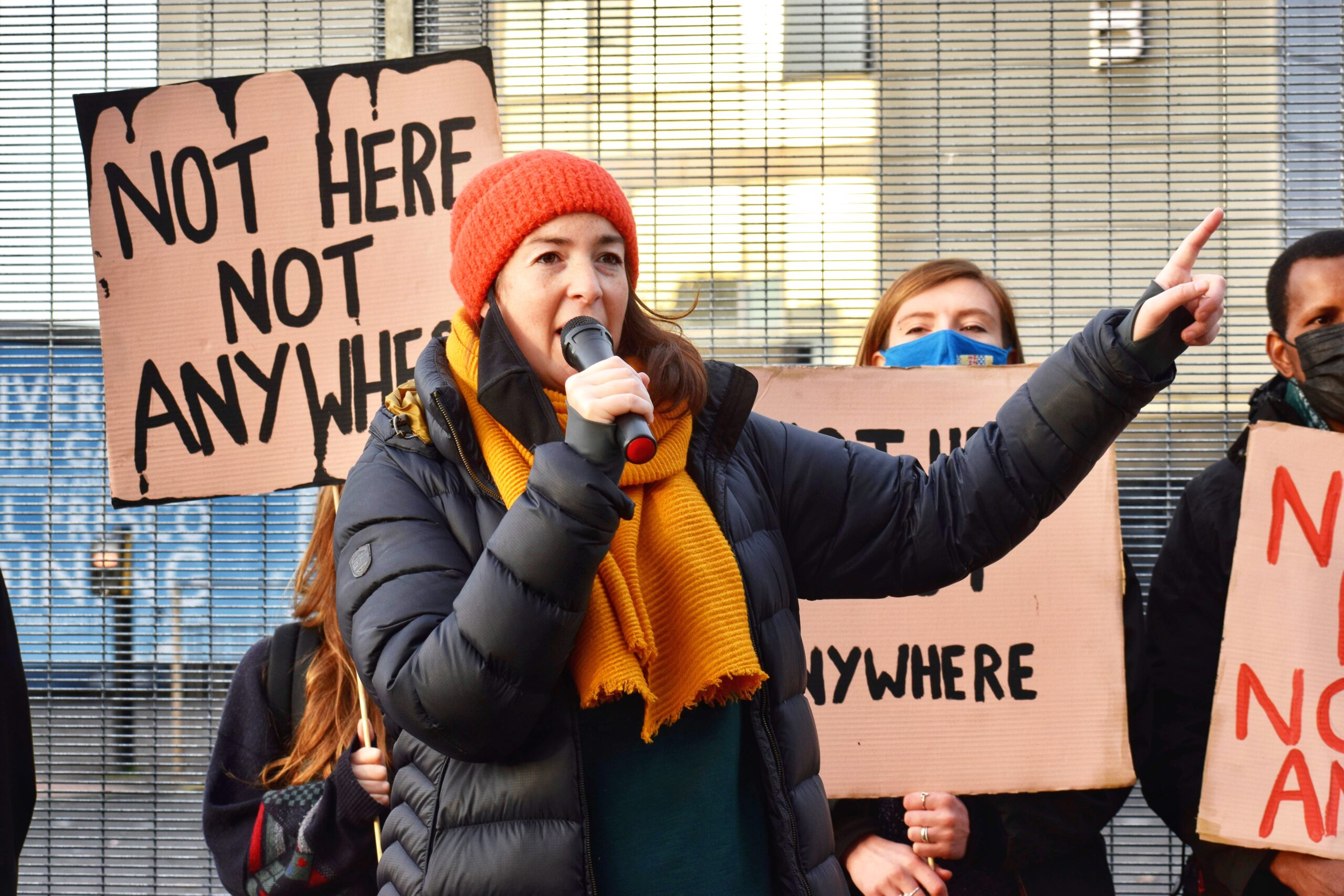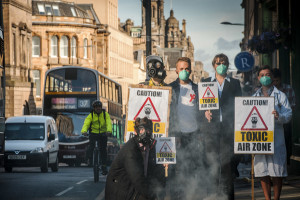
Wheels fall off air pollution scam
News that Volkswagen has been tricking regulators about the amount of pollution its cars caused horrified the world this week and should remind the Scottish Government that when it comes to tackling air pollution, the focus should be on reducing the volume of traffic on our roads rather than relying on technological advances and emissions reductions technologies to save us.
There are several aspects of the Volkswagen affair that make it so appalling.
Firstly, there is the sheer genius and ‘innovation’ required to mastermind the technology which tricked American regulators for so long. Someone in or close to Volkswagen devised a sophisticated software algorithm so that a car could automatically detect when it was undergoing an emissions test. This would trigger NOx reduction technology; but only during when the car’s emissions were being tested. In real life driving conditions, the cars involved are emitting up to 40 times more NOx than during the test cycle.
Secondly, there is the scale of how the so-called “defeat device” was rolled out: over 11 million vehicles have already been implicated, with experts estimating that the trickery has caused an extra 1 million tonnes of air pollution every year. Since the scandal broke, Volkswagen has seen its share value fall by about £25 billion, or around a third.

But most importantly, there are the devastating health consequences. Volkswagen’s cheating has resulted in thousands of premature deaths. Air pollution impacts on the heart and lungs, can trigger strokes, heart attacks, and cancers. This week, air pollution was even linked to a higher incidence of childhood leukaemia. We also revealed that over 3500 people in Scotland are now understood to be dying early from this silent killer.
Whilst the scandal that has emerged around Volkswagen is indeed truly shocking, it is a symptom of a deeper systemic problem in how air pollution has been tackled and approached over the years.
The automotive industry has been reassuring and cajoling governments and the general public, trying to convince us that it can be environmentally friendly, protecting both the planet and our health. In the 1990s, we were told, “Drive a diesel! It will produce low levels of CO2”. Subsequently, we discovered that diesels produce higher levels of damaging Nitrogen Oxides than petrols.
So more recently, modern cars have miraculously appeared to achieve super-low emissions of both CO2 and NOx. Governments and the public have been all too eager to believe that we can drive cars further and further every year, thanks to some sort of alchemy that can eliminate both emissions of carbon dioxide and oxides of nitrogen. We now know that Volkswagen was using the age-old alchemistic technique of lying. It may well emerge in the coming days and weeks that other car manufacturers have been using the same cheat technology.

Photograph: MAVERICK PHOTO AGENCY
The Scottish government must wise up and realise that as long as cars continue to burn fossil fuels or rely on fossil-fuel derived electricity, CO2 and NOx will both be spewed into the atmosphere in vast amounts, causing both harm to our health and contributing to climate change.
Year after year, Scotland continues to miss its climate change reduction targets because not enough progress is being made in reducing CO2 from the transport sector. Equally, year after year Scotland continues to break European air quality legal limits for Nitrogen Dioxide, blaming failure to comply with the legal limits on the failure of car manufacturers to improve NOx emission standards.
While the debate around cars has sometimes pitted climate change and health concerns against each other, suggesting that there is a so-called trade off between diesel or petrol cars, this episode demonstrates that it is time to move beyond this false choice. The Scottish Government does not have to choose whether to comply with climate change reduction targets or air pollution legal limits if it can simply wean itself off of the car and give us more options for sustainable transport.
If the Scottish Government truly invests 10% of its total transport budget into cycling and walking infrastructure, and makes improvements to public transport, starting with smart and integrated ticketing, this would give us more options to use safer, cleaner transport.
Then, the dilemma would not be, “which car should I buy? Diesel, or petrol?”, but instead it would be, “should I get the bus or cycle to work this morning?”
Emilia Hanna is Friends of the Earth Scotland air pollution campaigner.
